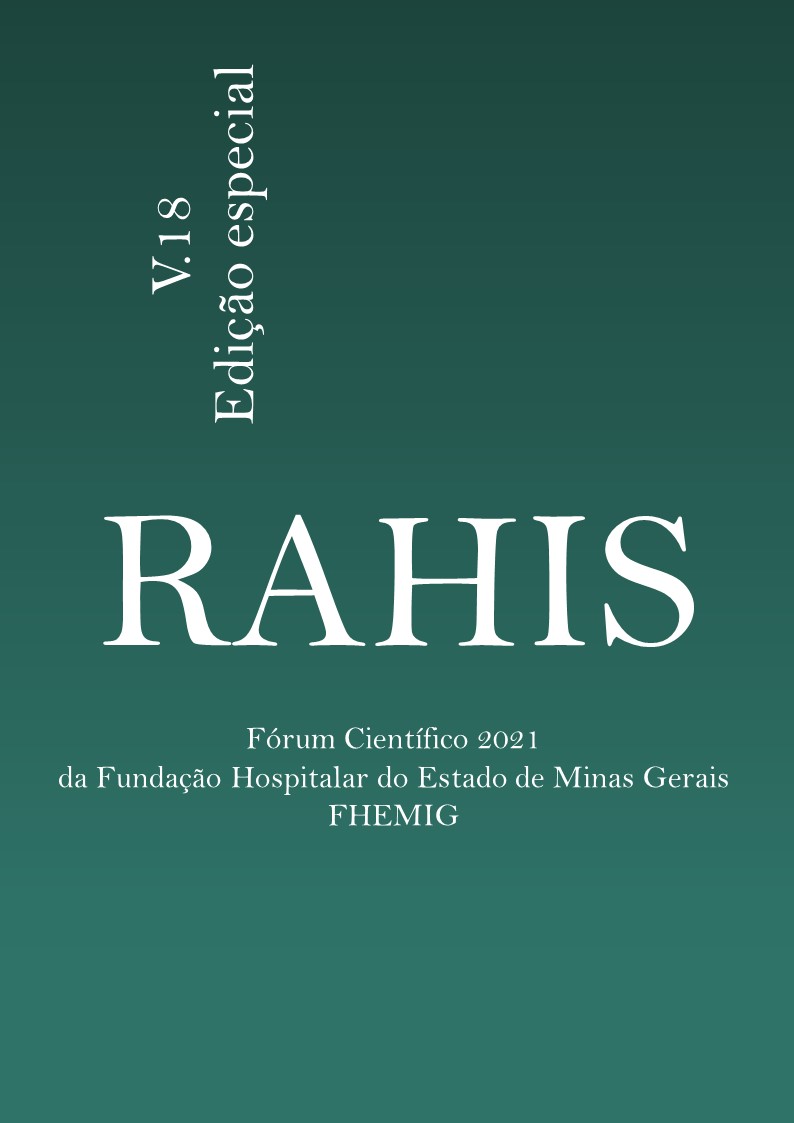Resumo
INTRODUÇÃO: A Hepatite B é uma doença que acomete o fígado. Ocasiona febre, dor, anorexia, colúria, hipocolia, icterícia, cirrose, edema, varizes esofágicas. Os meios de transmissão são a via sexual, transfusional, seringas, instrumentais, parto, exposição ocupacional. Os profissionais de saúde são grupo de risco para o vírus da Hepatite B (VHB). Dentre as medidas protetivas destaca-se a vacinação. Existem indivíduos imuno-incompetentes para o combate ao VHB. OBJETIVO: Investigar níveis séricos dos anticorpos (Anti-Hbs) contra o Ag-HBS em profissionais de saúde; o objetivo específico foi determinar o quão protegida está a equipe de saúde estudada, propondo estratégias para melhorias na prevenção. METODOLOGIA: Estudo descritivo quantitativo retrospectivo que avalia a resposta imunológica contra Hepatite B em profissionais de saúde. RESULTADOS: A eficácia da imunização no sexo masculino correspondeu a 90,5%, no sexo feminino, 100%. Em relação a idade, 94,1% daqueles entre 18 a 29 anos estavam protegidos; entre 30 a 39 anos, 97,9%; acima de 40 anos, 95,9%. No total, 96,4% (108) apresentaram Anti-HBs reagente, 3,6% (4) não reagentes. O sexo feminino e a idade avançada influenciaram negativamente na capacidade imunogênica. CONCLUSÃO: São necessários mais trabalhos que relacionem a eficácia da vacina contra VHB a tabagismo, obesidade, atividade sexual, diabetes, insuficiência renal, HIV.
